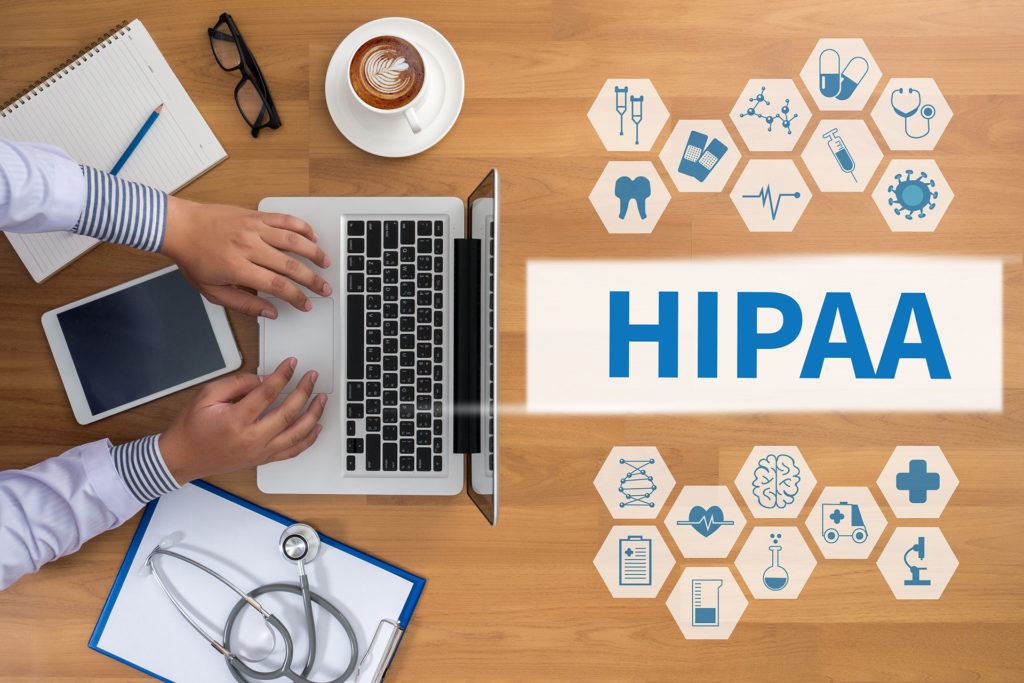
The Health Insurance Portability and Accountability Act of 1996, known as HIPAA, was created to standardize health care in the United States. The Privacy Rule included in the bill protects a patient’s health records from third party eyes unless authorized by the patient.
Doctors, nurses, health care organization staff, health insurance company employees, and anyone who works in a medical-related industry is subject to HIPAA and the Privacy Rule. But, recent HIPAA changes include coverage within a surprising range of other industries and sectors.
The latest addition to the Privacy Rule, the HIPAA Omnibus Final Rule, expanded the law’s reach to include businesses classified as business associates of health industry entities. Is your business one of them?
HIPAA, the Privacy Rule and Your Business
If your business offers services or sells products to any medical or health institution, it is possible that your business classifies as an associate under the HIPAA law.
Does your business require access to the private health information of patients to perform its services? If not, your company is probably not a business associate. If the answer is yes, you are legally required to follow HIPAA.
HIPAA also governs the actions of employers who offer employee health insurance. Anyone who handles employee insurance sign-up forms, applications or correspondence is required to comply with HIPAA laws.
Does Your Software Meet HIPAA Standards?
If your company has access to patient information, the technology you use to run your business also falls under HIPAA and the Privacy Rule. Software, server, and network security procedures must be in place, upgraded, grow, and adapt to protect patient health records.
Whole I.T. Solutions provides network security and data protection to defend against online predators. Our team of experts detects and corrects system flaws before hackers find them. Whole I.T. Solutions gives you advanced anti-virus protections and cutting-edge security solutions. We have what it takes to secure your network, software and hardware as well as ensure full technological HIPAA compliance.
Leave a Reply